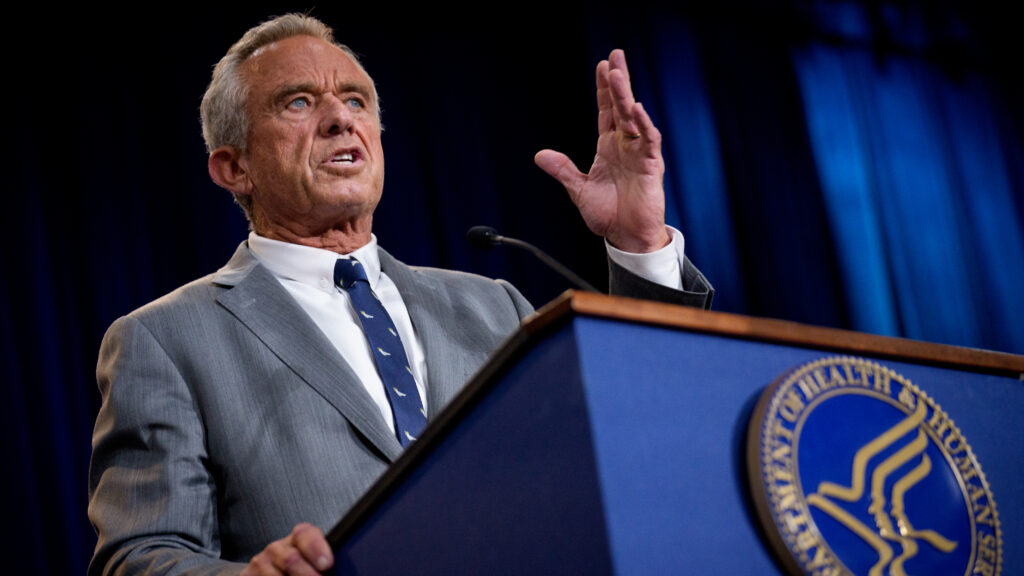Public Health Showdown: RFK Jr. Faces Pressure to Reinstate Transparency at HHS

In a growing political standoff, Democratic lawmakers are mounting a fierce challenge against Health Secretary Robert F. Kennedy Jr.'s controversial move to halt public commentary on significant agency operations. The decision has sparked widespread criticism and raised concerns about transparency in government decision-making.
Congressional Democrats are voicing strong objections to what they perceive as an unprecedented attempt to limit public input and scrutiny. By suspending open comment periods on crucial agency matters, Kennedy Jr. appears to be restricting the traditional channels of democratic engagement that allow citizens to provide feedback and insights on important health policies.
The pushback reflects mounting frustration among legislators who argue that such actions undermine the principles of open governance and public accountability. They contend that meaningful public participation is essential to ensuring that health policies truly serve the interests of all Americans.
As the dispute intensifies, many are watching closely to see how the health secretary will respond to the mounting pressure from Democratic lawmakers and whether he will reconsider his decision to limit public commentary on agency business.
